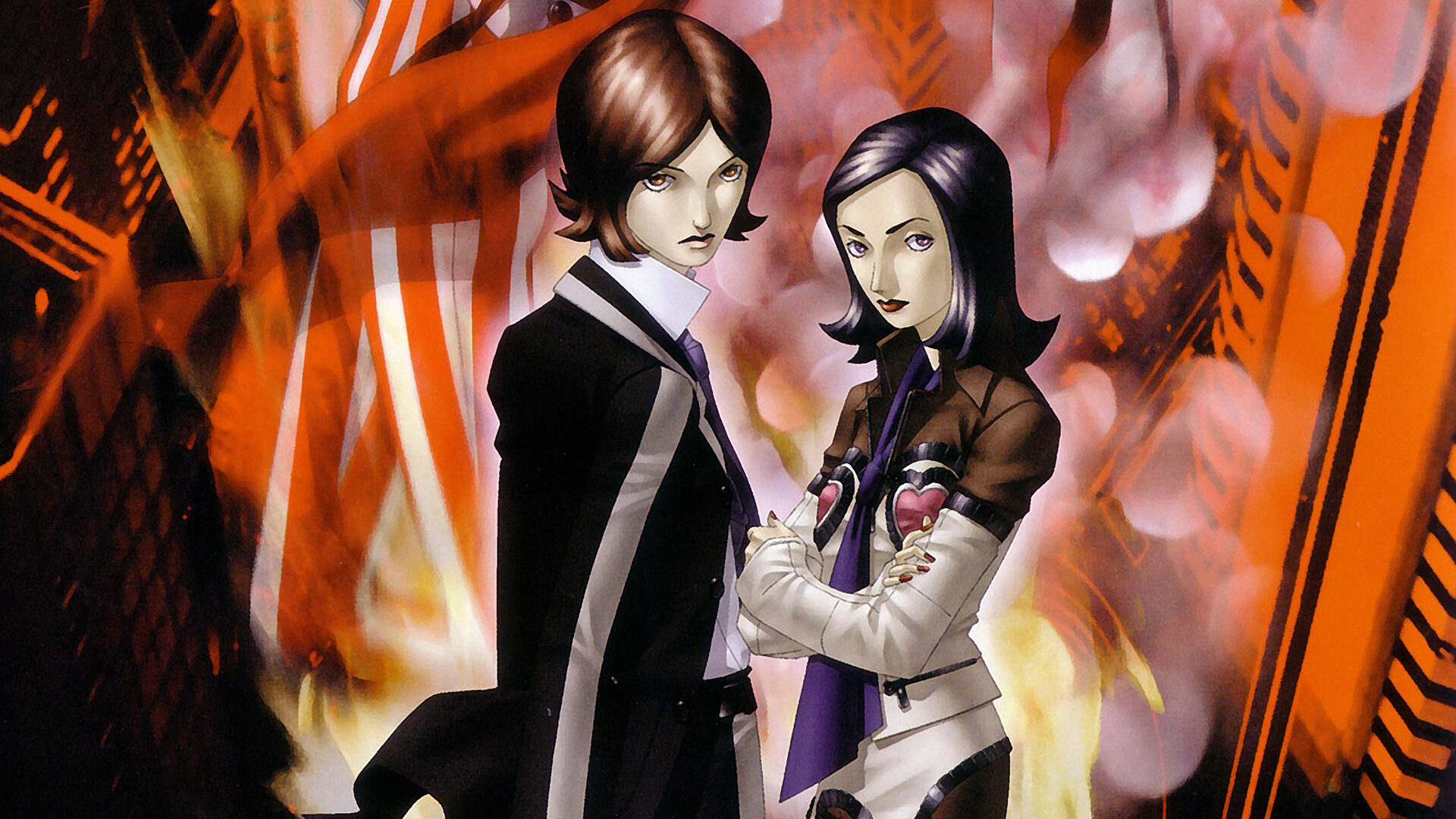Persona 2: Innocent Sin Review
The release of Persona 2: Innocent Sin here on our shores is something rather meaningful to me. I was introduced to the original Persona back in 1997—at a point before the game’s North American release—and from the moment I played it, everything about the experience completely enthralled me. It introduced me to concepts and narratives I had never expected from video games before, and I was hooked.
Until now, every chapter of the Persona series—from major iterations to re-workings and revisions—has been released here in the US. Every chapter, that is, except Innocent Sin. In the heyday of its original home—the PlayStation 1—it wasn’t deemed acceptable for release here, so instead we were only ever given its second half, Persona 2: Eternal Punishment. It was the Persona game lost to the West, and for many of us, we expected that to always be the case.
Thankfully, times have changed, Sony’s PSP has offered the series a second chance via updated versions of the original PS1 releases, and Innocent Sin will finally have the official English-language debut it has waited nearly 12 years for. The question now, however, is if that debut has come too late.
Even with the work Atlus has put into updating and upgrading the original Innocent Sin into what it now exists as on the PSP, this still feels like a Japanese RPG from an era now long gone. This is especially true if you’re someone who has come to the Persona series via its third and fourth chapters, where the ultra-hardcore nature of the series has given way to friendlier dungeon crawling and a far deeper integration of social elements.
Persona 2: Innocent Sin is hard—not always due to simple difficulty, but also due to what it expects from players. The single biggest complaint about the game is its random battle encounter rate, something which—even in this remake—still comes in rather high. The problem is that this encounter rate is coupled with dungeons that often require a lot of exploration and backtracking; when you’re simply trying to find a character, item, or path, and your search is constantly interrupted by demon encounters, the whole experience can feel utterly obnoxious. It’s a frustration that used to be the norm in the earlier days of RPGs, but something that now is seldom tolerated, and often reviled.
There’s another “problem”, if you will—demon negotiations. A concept totally foreign to the current generation of Persona, being pulled into battle with demons doesn’t always have to mean combat; you can instead converse with them in order to make pacts, receive money, or be given ever-needed tarot card (used to create bigger and badder Persona allies). It’s an interesting concept, yet one that—for those not used to it–can come off as overly long and drawn-out.
And yet, if you dig deeper, you’ll find that Persona 2: Innocent Sin is a genuinely wonderful game. You’ll hear those complaints levied against the game—and they’re completely legitimate—but IS is enjoyable despite those factors, not terrible because of them. True to every Persona title, the characters here are believable, interesting, and appealing, and the tale they find themselves unwilling player in is always satisfying. As well, if you pass on IS due to its low moments, you’ll miss out on highs such as the game’s rumor system—a totally unique (yet never fully utilized) gameplay concept where the player can change and otherwise affect various elements of the game by the dissemination of rumors.
It’s easy to criticize games simply because they’re old, demanding that they compare to newer titles that come from completely different schools and generations of game design. Persona 2: Innocent Sin looks and feels like an RPG birthed in 1999, and nothing Atlus has done in this updated release has changed that in any game-altering way. If you allow yourself to get past its out-of-date tendencies, however, you’ll find it’s also a role-player game that is still as captivating and compelling as ever.
Persona 2: Innocent Sin
Summary: Persona 2: Innocent Sin has moments when it feels like a relic of a forgotten era, but its high points more than make up for its lows.
Score: -
Persona 2: Innocent Sin was reviewed using review code, physical copies, or hardware provided by Atlus. Scores are graded on a scale of E (Bad) to S (Special) in homage to Japanese video game grading scales, with the understanding that an S still does not denote a "perfect" score. Scores may have been adjusted from the original source to better fit my personal scale.
